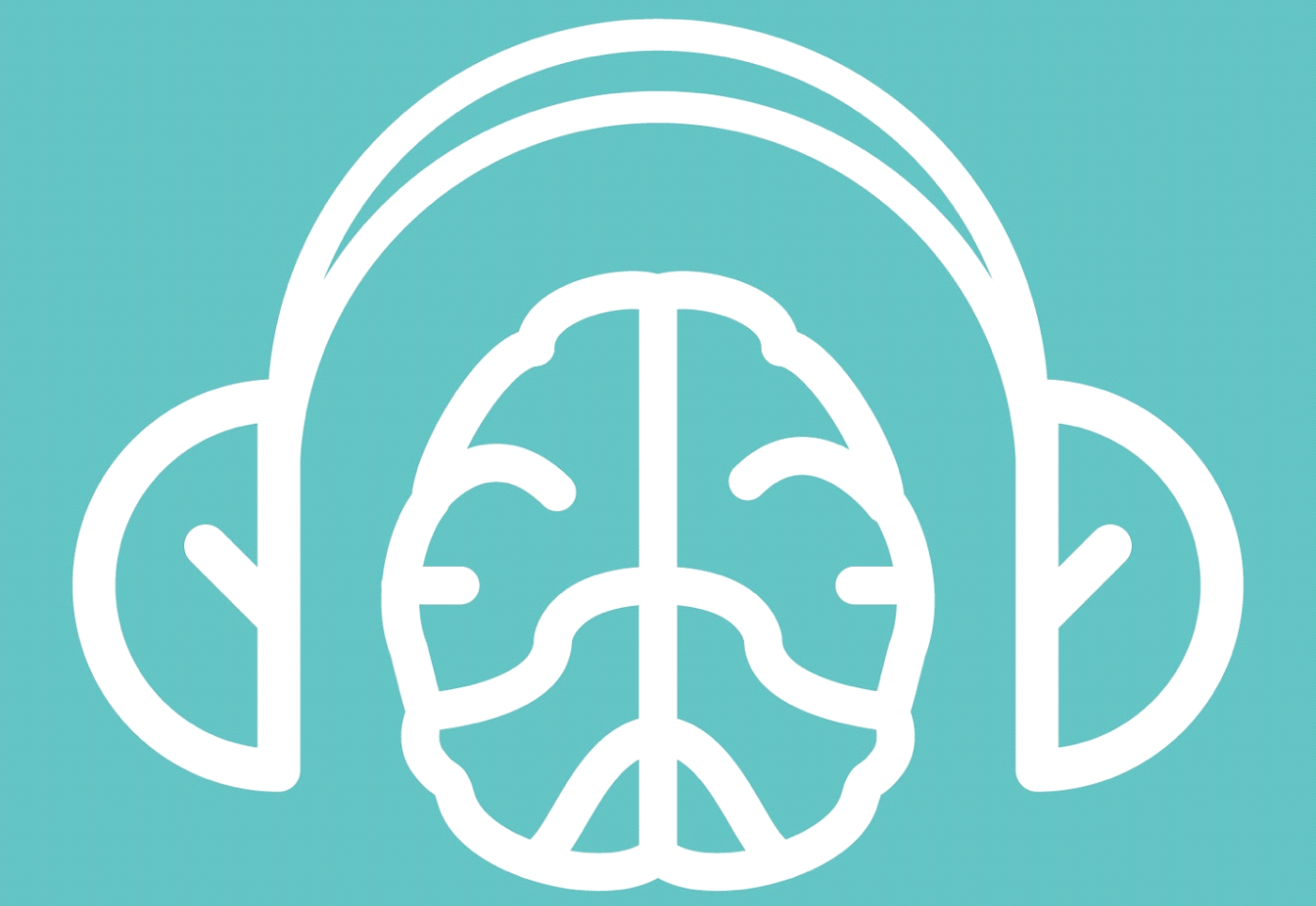Welcome to PsychEd, the psychiatry podcast for medical learners, by medical learners.
This episode covers insomnia with Dr. Michael Mak, Assistant Professor in the Department of Psychiatry at the University of Toronto and an Adjunct Research Professor at Western University.
The learning objectives for this episode are as follows:
Understand the basics of sleep physiology, including the stages of sleep
Recognize the clinical features of insomnia disorder using the ICSD-3 and DSM-5-TR criteria
Develop an approach to the assessment of insomnia
Identify the pharmacological and non-pharmacological treatments for insomnia disorder
Guest: Dr. Michael Mak (Staff Psychiatrist)
Hosts: Dr. Vanessa Aversa (PGY4), Andreea Chiorean (CC4), Sena Gok (IMG)
Audio editing by: Sena Gok
Show notes by: Sena Gok
Contents:
Introduction: 0:16
Learning objectives: 01:49
Definition and clinical features of insomnia (ICSD-3 and DSM-5-TR criteria): 02:39
Insomnia prevalence, cost effects: 05:25
Sleep physiology: 10:05
Stages of sleep: 11:37
Changes in sleep stages during insomnia: 14:35
Melatonin/orexin systems: 15:45
Assessment and diagnosis of insomnia: 21:00
Risk factors for insomnia: 30:12
CBT for insomnia (CBT-I): 31:35
Relaxation-based techniques: 40:25
Contraindication for insomnia: 42:15
Pharmacological treatments of insomnia: 45:15
Summary: 1:11:10
Resources:
1. Wainberg M, Jones SE, Beaupre LM, Hill SL, Felsky D, Rivas MA, et al. Association of accelerometer-derived sleep measures with lifetime psychiatric diagnoses: A cross-sectional study of 89,205 participants from the UK Biobank. PLOS Med. 2021 Oct 12;18(10):e1003782.
2. Morin CM, Vallières A, Guay B, Ivers H, Savard J, Mérette C, et al. Cognitive Behavioral Therapy, Singly and Combined With Medication, for Persistent Insomnia: A Randomized Controlled Trial. JAMA. 2009 May 20;301(19):2005–15. :
3. Crescenzo FD, D’Alò GL, Ostinelli EG, Ciabattini M, Franco VD, Watanabe N, et al. Comparative effects of pharmacological interventions for the acute and long-term management of insomnia disorder in adults: a systematic review and network meta-analysis. The Lancet. 2022 Jul 16;400(10347):170–84.
4. Watanabe Y, Kuroki T, Ichikawa D, Ozone M, Uchimura N, Ueno T. Effect of smartphone-based cognitive behavioral therapy app on insomnia: a randomized, double-blind study. Sleep. 2023 Mar 1;46(3):zsac270.
5. Erland LAE, Saxena PK. Melatonin Natural Health Products and Supplements: Presence of Serotonin and Significant Variability of Melatonin Content. J Clin Sleep Med. 13(02):275–81.
6. Sweetman A, McEvoy RD, Smith S, Catcheside PG, Antic NA, Chai-Coetzer CL, et al. The effect of cognitive and behavioral therapy for insomnia on week-to-week changes in sleepiness and sleep parameters in patients with comorbid insomnia and sleep apnea: a randomized controlled trial. Sleep. 2020 Jul 13;43(7):zsaa002.
7. Origins of Sleep Medicine: Dr. Nathaniel Kleitman, Dr. Mark Mahowald, Dr. Carlos Schenck
https://aasm.org/mark-mahowald-md-and-carlos-schenck-md-to-receive-william-c-dement-award/
8. CBT-Insomnia lab at the Toronto Metropolitan University:
https://drcolleencarney.com/lab/
9. CBT-Insomnia Applications:
https://www.ptsd.va.gov/appvid/mobile/cbticoach_app_public.asp
https://www.blackdoginstitute.org.au/research-projects/sleep-ninja/
CPA Note: The views expressed in this podcast do not necessarily reflect those of the Canadian Psychiatric Association.
For more PsychEd, follow us on Twitter (@psychedpodcast), Facebook (PsychEd Podcast), and Instagram (@psyched.podcast). You can provide feedback by email at psychedpodcast@gmail.com. For more information, visit our website at psychedpodcast.org.

